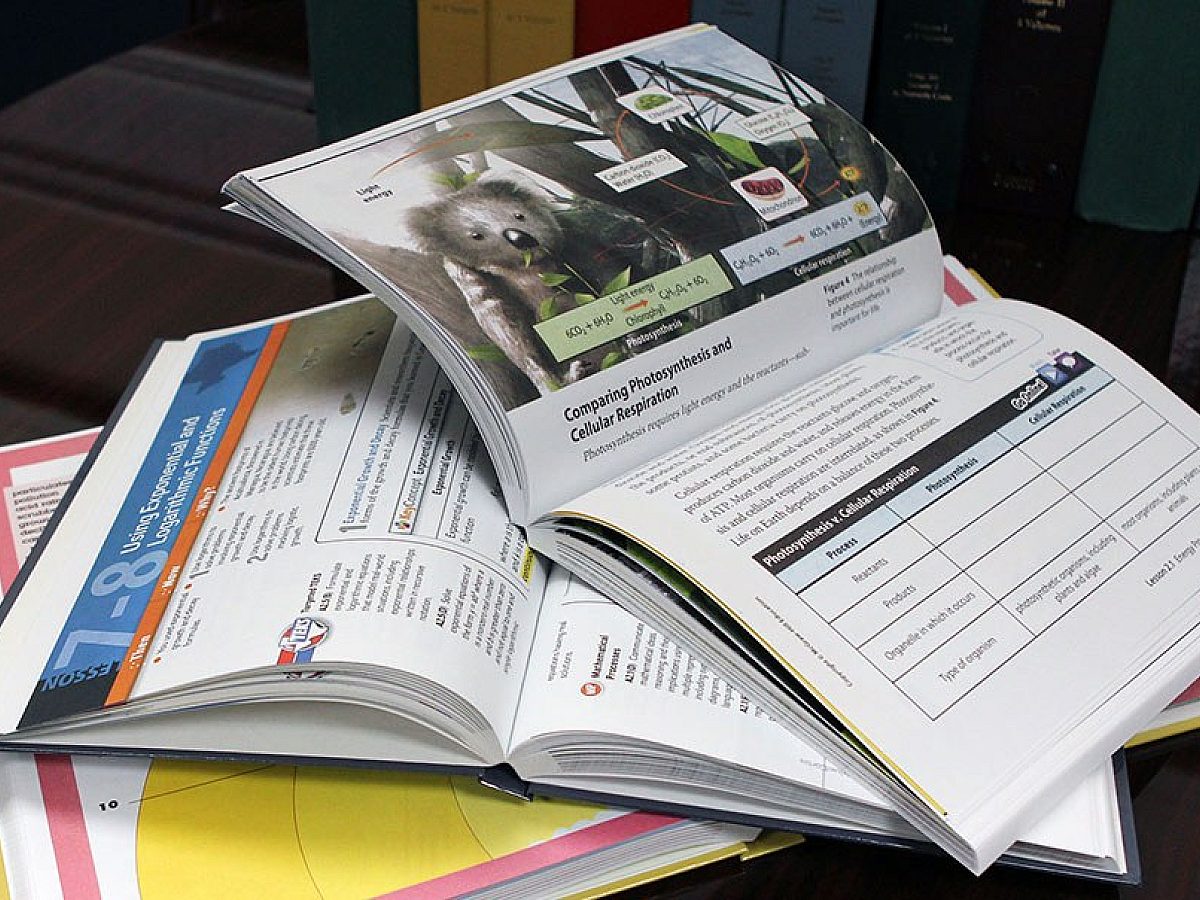𝘈𝘱𝘱𝘳𝘰𝘹 𝘳𝘦𝘢𝘥 𝘵𝘪𝘮𝘦: 4 𝘮𝘪𝘯𝘴🕒
When your industry is governed by strict regulations (think legal, life sciences, pharma, government or financial services), translation becomes a high-stakes task. Translations must meet the same legal, technical and clinical standards as the original content.
That’s where a certified translation company comes in.
In this blog, we explore why regulated sectors should always use a trusted translation partner, and more importantly, what to look for when choosing one.
We cover:
- What is regarded as a highly-regulated sector in translation
- Why a translation company is needed in these contexts
- The risk of tools and non-specialist providers
- And finally, how to choose the right provider
What counts as a regulated industry?
Regulated industries, in the context of translation and localisation, are those where documents, processes or communications must meet strict international legal or compliance standards.
These include sectors such as:
-
Life sciences and pharmaceuticals
-
Legal and financial services
-
Healthcare
-
Government and public sector
-
Energy and manufacturing
In this example industry, even one small translation mistake can lead to regulatory pushback or non-compliance with a global standard.
Why a translation company makes the difference
Working with a professional translation company offers key advantages over piecemeal or freelance solutions, particularly when your documents are subject to scrutiny by regulatory bodies.
But of course, we might be biased as a translation provider, after all. So let's address that.
The preference for professional providers in regulated sectors isn't just our opinion, it's backed by industry research showing that organisations using ISO-certified translation services face fewer delays, rejections and compliance issues in multilingual submission.
That said, off-the-shelf tools are another option for low-stakes content, but perhaps not regulated content. The key is knowing when accuracy and accountability are non-negotiable.
Here’s how a translation company makes a difference:
ISO-certified quality assurance
Reputable translation companies (like Wolfestone) operate under ISO 17100, the international standard for translation services. This means your project will follow verified processes for linguist qualifications, review cycles and quality control.
Subject-matter expertise
Translation providers will, and should, assign industry-specific linguists to your projects so that your content is handled by professionals who understand technical jargon, abbreviations and regulatory terminology.
Compliance-ready documents
Need certified or sworn translations? Apostilles? Multilingual versions for EMA, MHRA or FDA submission? A good translation company will provide solutions to all these needs.
What’s the risk of using non-specialist providers?
If your translation partner doesn’t have the right qualifications or sector knowledge, you could be looking at:
- Delayed approvals from ethics committees or regulators
- Invalid submissions due to mistranslations
- Legal liability from inaccurate documentation
- Reputational damage and loss of market trust
- Costly reworks or resubmission cycles
How can industry-specific expertise improve translation quality for compliance documents?
Translators with deep knowledge in a particular industry understand the exact meaning, context and nuance of terms as used within that field, reducing risks of misinterpretation and ensuring the translation aligns with the relevant legal and regulatory frameworks.
How to choose the right translation company?
If your industry is regulated, make sure to ask questions from this checklist we have put together:
- Are you ISO-certified?
- Do you assign native-tongue, subject-matter linguists?
- What is your quality assurance process?
- Can you provide certified translation options?
- How do you manage client reviews?
- Can you support technical file formats and multilingual layouts?
And of course, ask any other questions you deem fit.
When it comes to regulated content, the cost of inaccuracy far outweighs the cost of doing things properly. That’s why businesses must turn to trusted translation companies
In regulated industries, there’s simply no room for error.
Whether you’re submitting to a regulator, releasing technical documentation or updating safety materials across markets, the right translation company can protect your business from costly mistakes and support your global success.
Get in touch for a free consultation or test piece, and we’ll help you navigate your compliance needs with confidence.
𝘒𝘦𝘪𝘳𝘢𝘯 𝘩𝘢𝘴 𝘣𝘦𝘦𝘯 𝘸𝘳𝘪𝘵𝘪𝘯𝘨 𝘢𝘣𝘰𝘶𝘵 𝘭𝘢𝘯𝘨𝘶𝘢𝘨𝘦 𝘴𝘰𝘭𝘶𝘵𝘪𝘰𝘯𝘴 𝘴𝘪𝘯𝘤𝘦 2021 𝘢𝘯𝘥 𝘪𝘴 𝘤𝘰𝘮𝘮𝘪𝘵𝘵𝘦𝘥 𝘵𝘰 𝘩𝘦𝘭𝘱𝘪𝘯𝘨 𝘣𝘳𝘢𝘯𝘥𝘴 𝘨𝘰 𝘨𝘭𝘰𝘣𝘢𝘭 𝘢𝘯𝘥 𝘮𝘢𝘳𝘬𝘦𝘵 𝘴𝘮𝘢𝘳𝘵. 𝘏𝘦 𝘪𝘴 𝘯𝘰𝘸 𝘵𝘩𝘦 𝘏𝘦𝘢𝘥 𝘰𝘧 𝘔𝘢𝘳𝘬𝘦𝘵𝘪𝘯𝘨 𝘢𝘯𝘥 𝘰𝘷𝘦𝘳𝘴𝘦𝘦𝘴 𝘢𝘭𝘭 𝘰𝘧 𝘰𝘶𝘳 𝘤𝘰𝘯𝘵𝘦𝘯𝘵 𝘵𝘰 𝘦𝘯𝘴𝘶𝘳𝘦 𝘸𝘦 𝘱𝘳𝘰𝘷𝘪𝘥𝘦 𝘷𝘢𝘭𝘶𝘢𝘣𝘭𝘦, 𝘶𝘴𝘦𝘧𝘶𝘭 𝘤𝘰𝘯𝘵𝘦𝘯𝘵 𝘵𝘰 𝘢𝘶𝘥𝘪𝘦𝘯𝘤𝘦𝘴.







